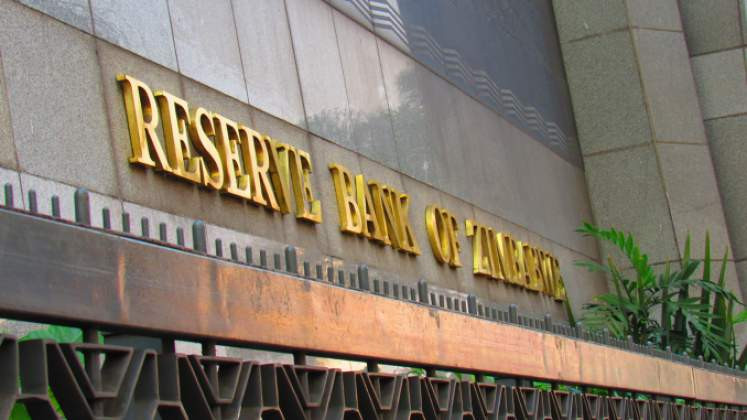
Threats by the Reserve Bank of Zimbabwe (RBZ) to take punitive measures against businesses accused of “illegal forward pricing practices” and manipulating the foreign exchange rate echo disastrous government policies of the past.
The RBZ said: “In terms of the law, businesses are permitted to apply a margin of up to 10% above the interbank exchange rate.
“There is no justification for non-compliance with the legal margins in light of the recent implementation of a market determined interbank exchange rate.”
The statement was issued as a reaction to the crash of the Zimbabwe dollar after it lost value by nearly 50% last week.
Prices of basic goods and services have been skyrocketing beyond the reach of ordinary Zimbabweans.
The government and RBZ blame businesses for the local currency’s woes, hence the threats to freeze their accounts and prosecute company directors.
RBZ’s Financial Intelligence Unit said it will be “escalating and widening remedial and punitive measures against delinquent businesses by not only imposing administrative fines, but also directing that culprits’ bank accounts be frozen indefinitely and referring the culprits to relevant authorities for the suspension and revocation of trading or operating licences and prosecution.
“Liability will also be extended to directors and owners of the concerned businesses.”
- DPC pays out $139 million
- Zimdollar shortage hits market
- Nedbank Zim profit surges
- Editor's Memo : Clean up procurement corruption
Keep Reading
In our view, the threats will not achieve anything and there are many examples to give from the past to show why such an approach is disastrous for the economy and ordinary Zimbabweans.
In the past the government has prosecuted businesses and imposed price controls instead of fixing economic fundamentals that caused currency instability.
Three government commissions last month did an investigation into what was causing the Zimbabwe dollar to lose value rapidly and their findings pointed fingers at the RBZ and the government.
They said excessive printing of money and payment of huge sums of money to government contractors was inflationary and a threat to the Zimbabwe dollar.
They made several recommendations, which were obviously ignored and this has left Zimbabwe on the brink of a second currency collapse in nearly two decades.
The problem will not be solved by price controls or the arrest of business executives, but deliberate policies that will restore confidence in the Zimbabwe dollar and protect businesses.
Authorities must be engaging in sincere dialogue to establish the cause of the market instability and formulate solutions that work for the economy instead of issuing threats that will certainly backfire.







